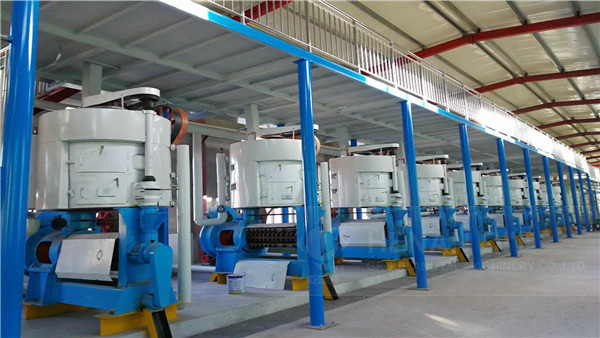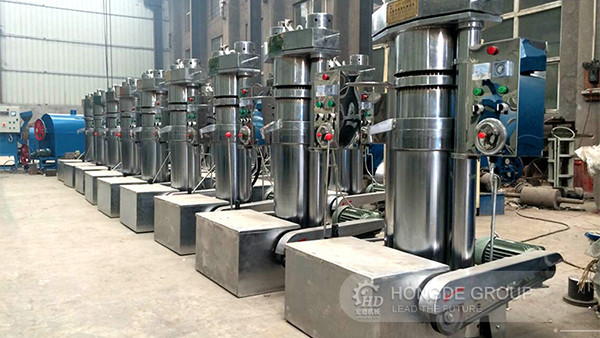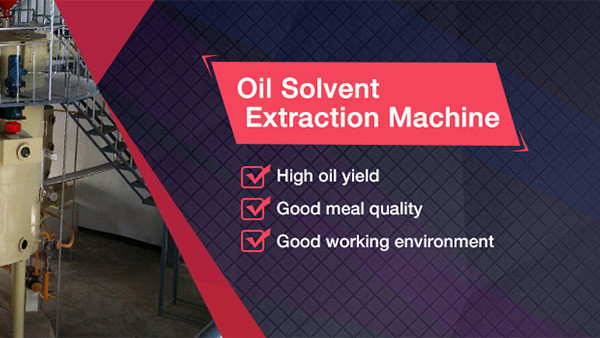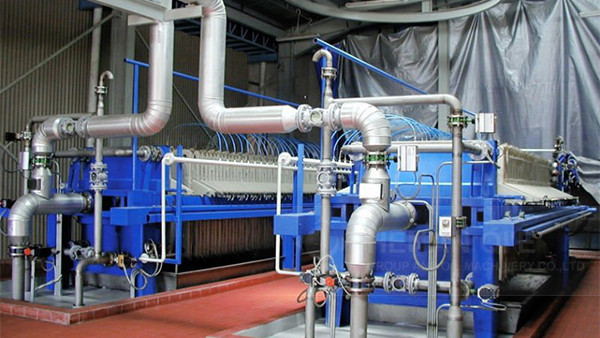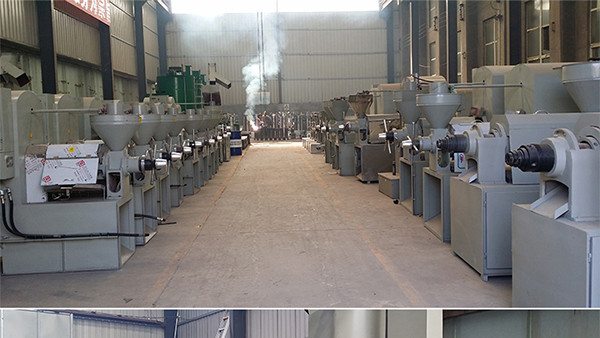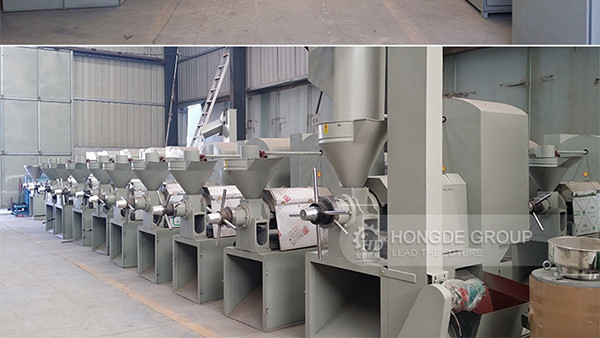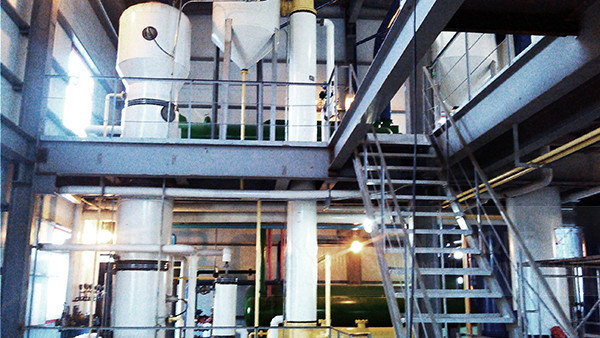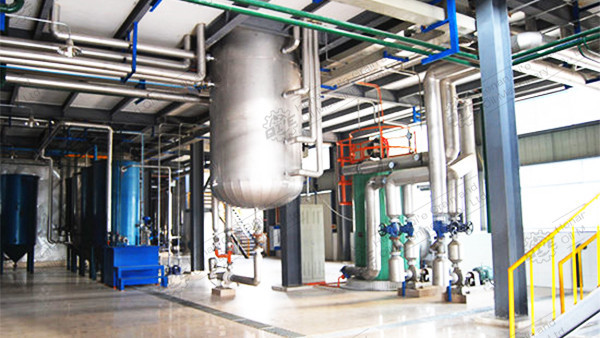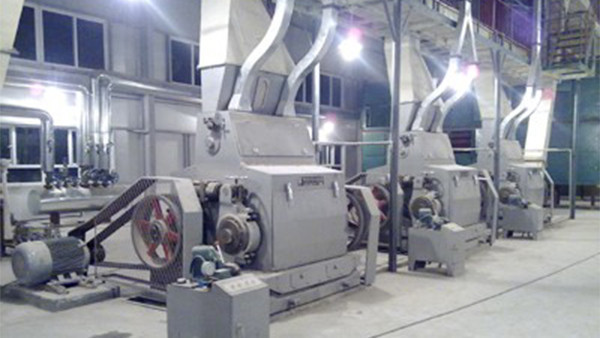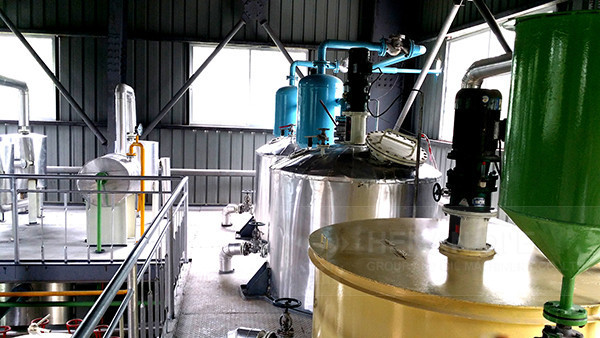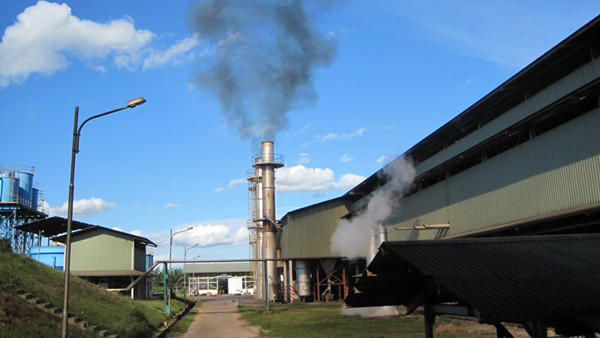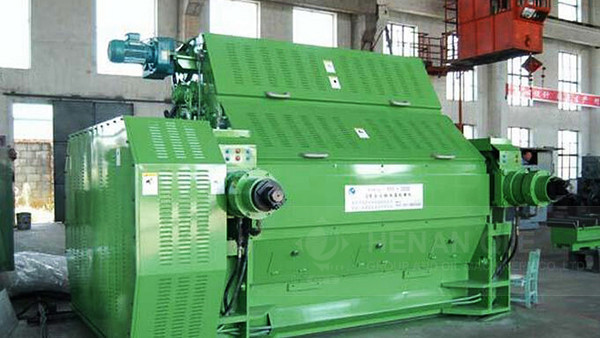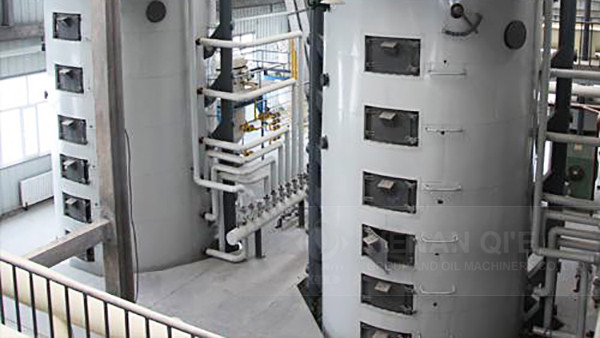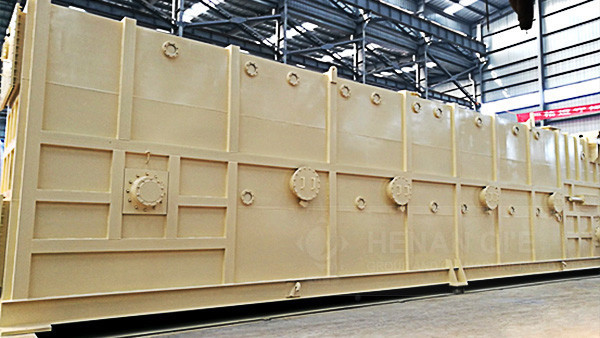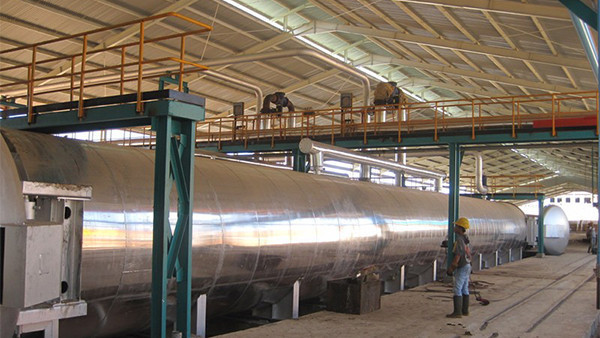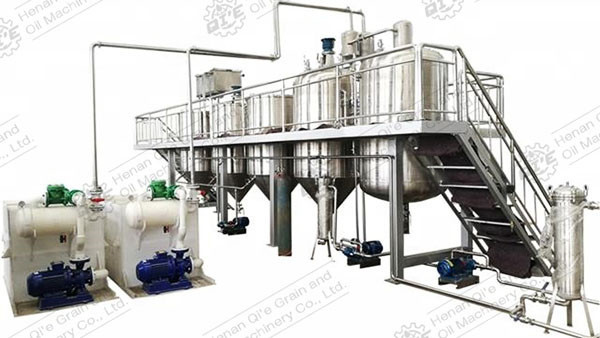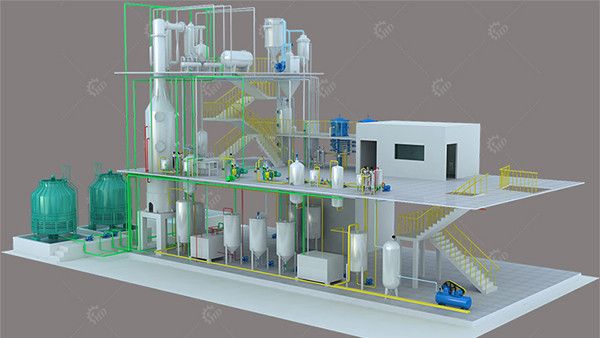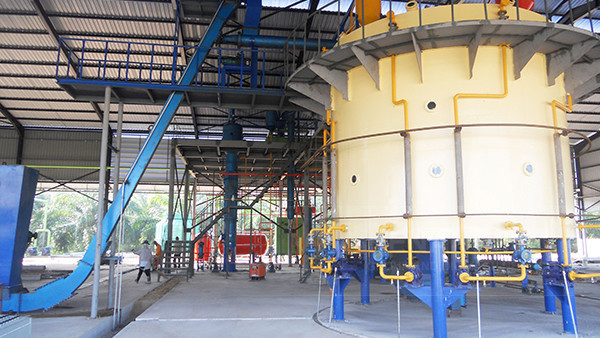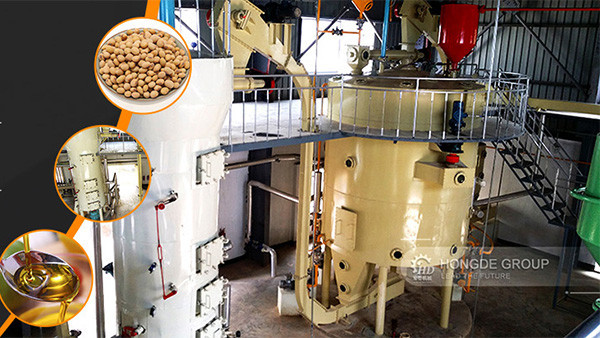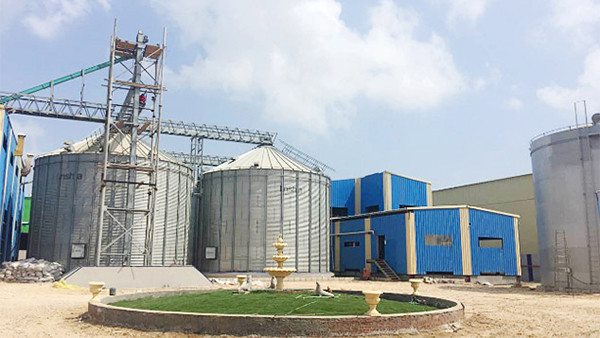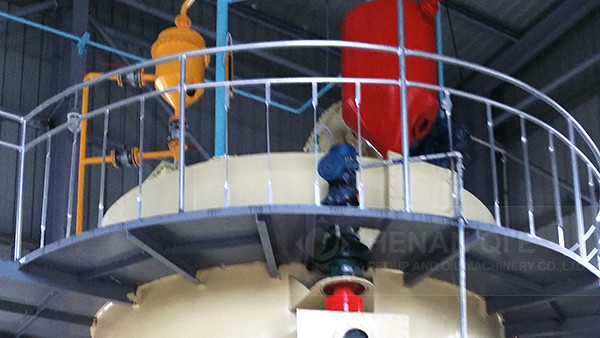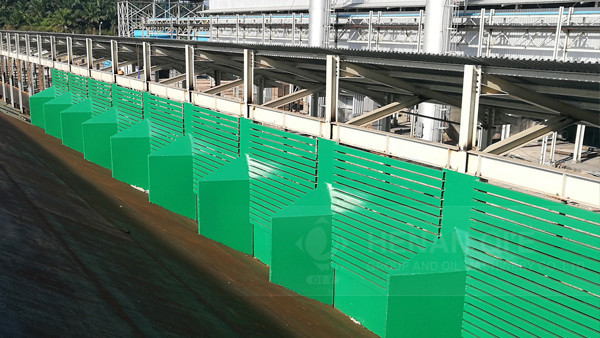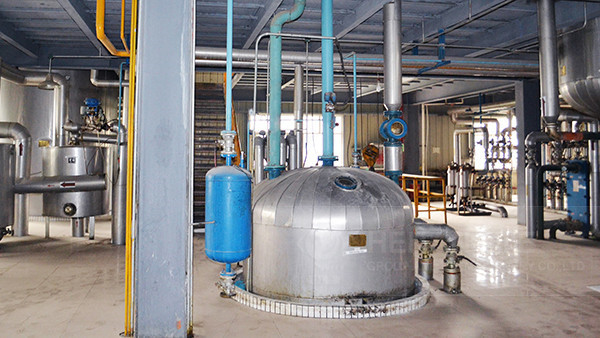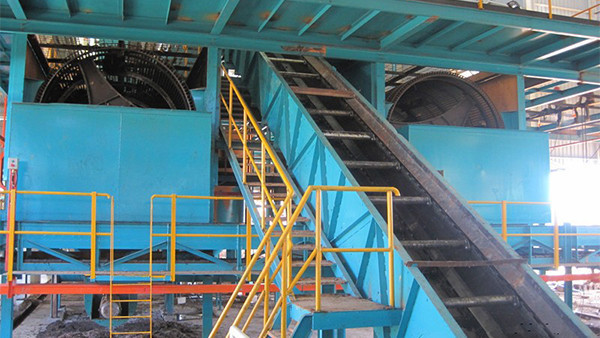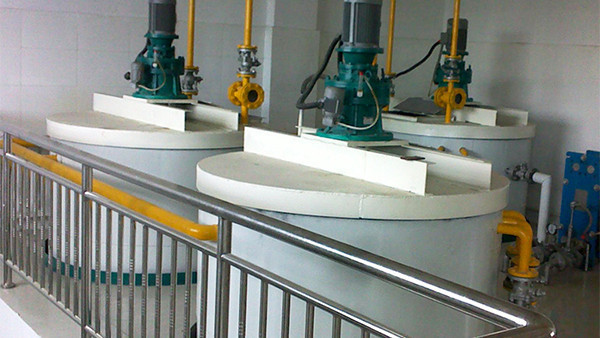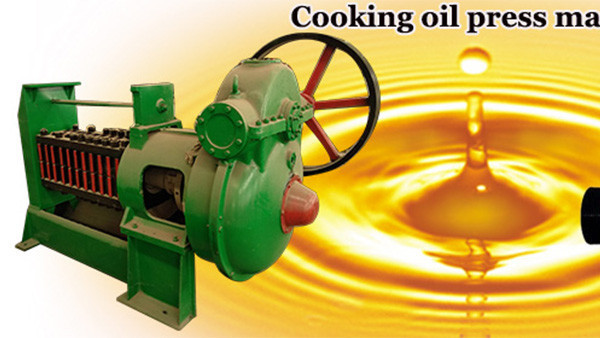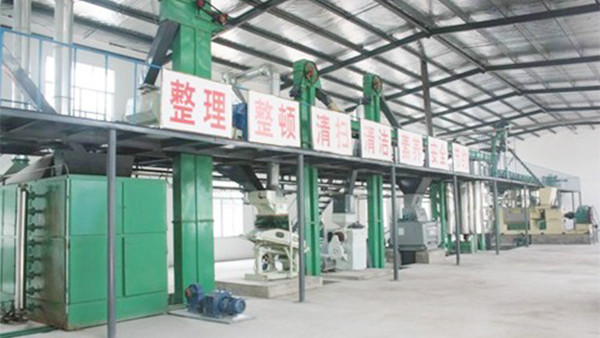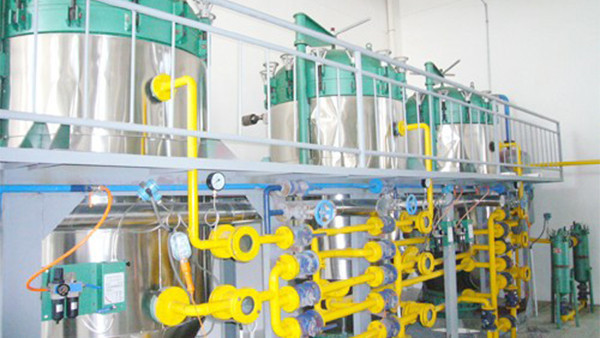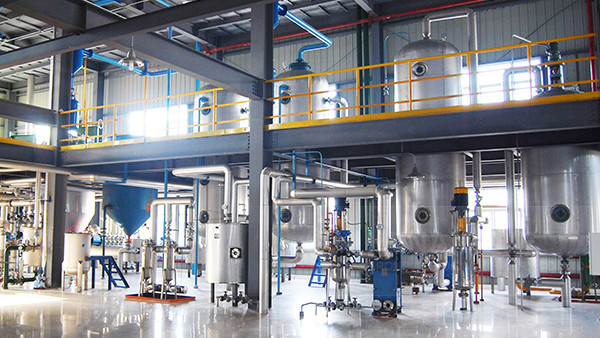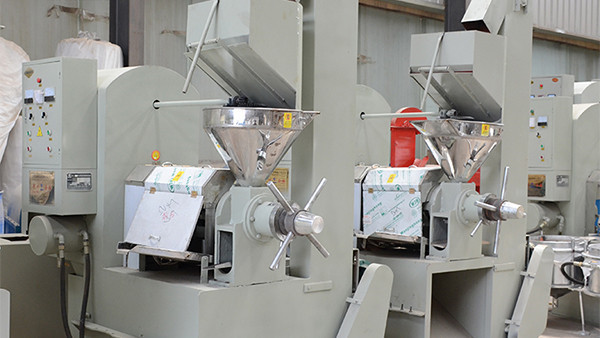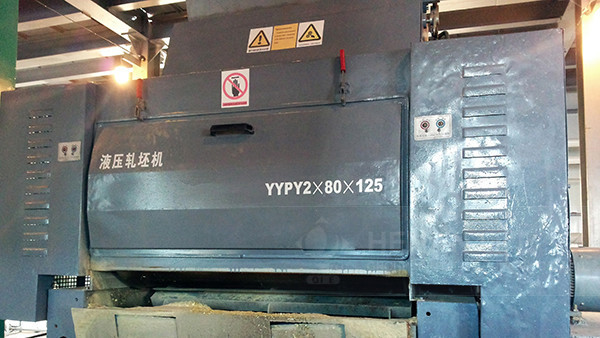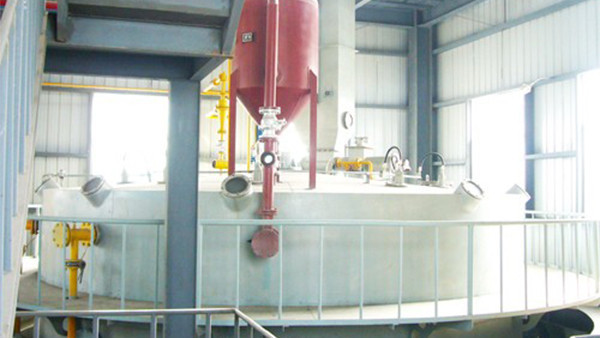
Palm oil
Palm oil is an edible vegetable oil derived from the mesocarp (reddish pulp) of the fruit of oil palms. [1] The oil is used in food manufacturing, in beauty products, and as biofuel. Palm oil accounted for about 36% of global oils produced from oil crops in 2014. [2] Palm oils are easier to stabilize and maintain quality of flavor and
Get Inquiry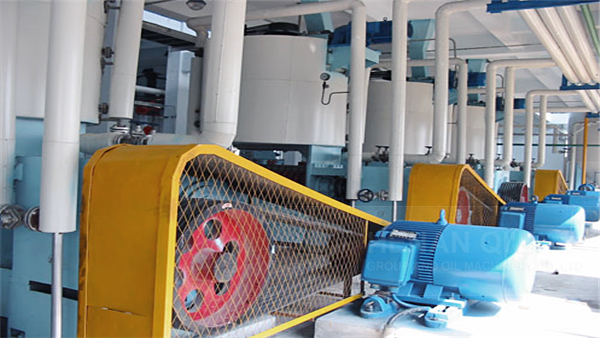
Palm oil processing sector in Cameroon now has new refinery
5 Shares. (Business in Cameroon) - Raffinerie Pacific is the new palm oil refinery recently opened in Cameroon with an initial capital of 100 million FCFA. This company will be working in the processing and sale of palm oil as well as the manufacturing of other bi-products such as margarine, candles, hand/body lotion and soap. With the arrival
Get Inquiry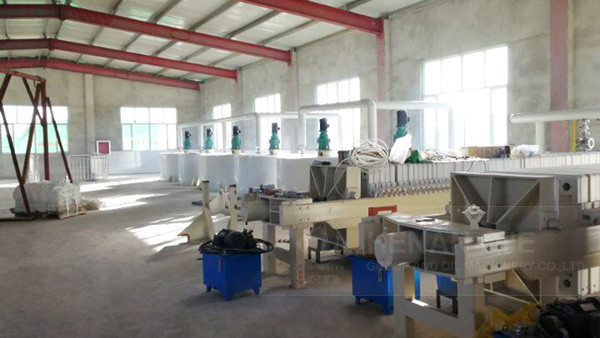
palm oil refinery valuation base on hourly
THE PALM OIL INDUSTRY IN MALAYSIA - RSPO - Roundtable on Sustainable Palm Oil. The Palm Oil Industry in Malaysia: From Seed to Frying Pan 3. Key Processes in the Production of Palm Oil 3.1. Production of Fresh Fruit Bunches (FFB) 16 3.2. Production of Crude Palm Oil (CPO) and Palm Kernel 20 3.3. Production of Refined Edible. Get Price
Get Inquiry
Palm-oil transformation into green and clean biofuels: Recent advances
Palm oil undergoing a refinery process can also be mixed with diesel oil to produce diesel fuel. A mixture of petroleum diesel with biodiesel in a certain percentage is called Envo Diesel (Mat Yasin et al., 2017). Palm oil can also be processed into gasoline, kerosene, and diesel oil through a cracking process (Istadi et al., 2021).
Get Inquiry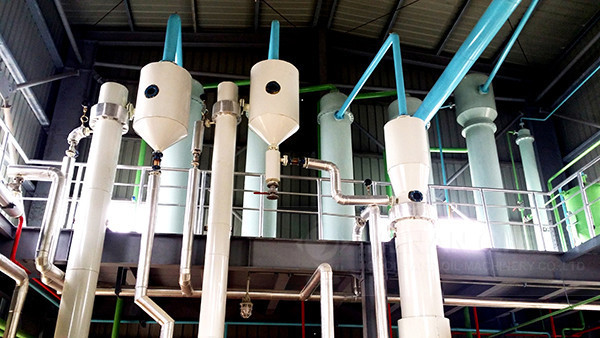
Johor Plantations Group Berhad and Fuji Oil Establish Palm Oil
OSAKA, 26 January 2024 ¨C Johor Plantations Group Berhad (JPG) is excited to announce a venture with Fuji Oil Asia Pte. Ltd. (Fuji Oil), a subsidiary of the Fuji Oil Group, a renowned global food ingredient manufacturer based in Japan, to develop a specialty oils and fats refinery operating on renewable energy.
Get Inquiry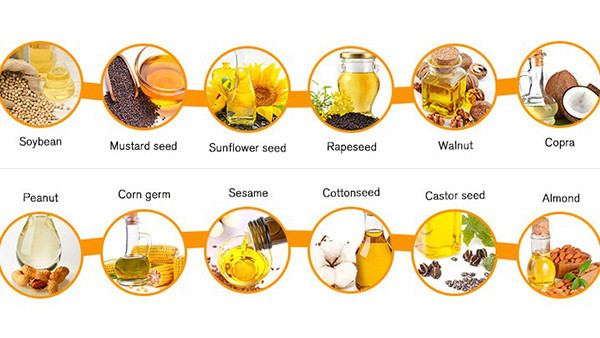
A Graph-Based Dynamic Modeling for Palm Oil Refining Process
There are two types of palm oil refining in Malaysia: i.e., chemical and physical. Figure 3 illustrates the stages for chemical and physical refining processes of palm oil. The chemical refining process requires more stages than physical refining. Hence, the total operating costs for physical refining is expected to be smaller than chemical
Get Inquiry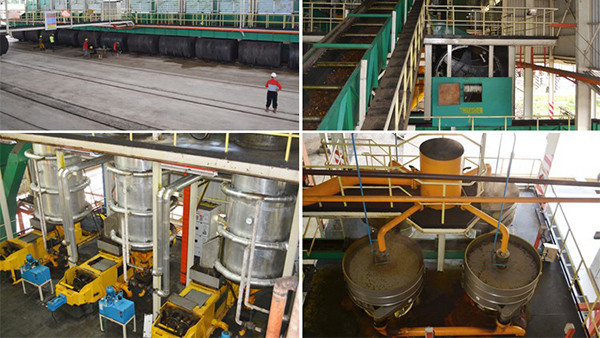
3. PALM OIL PROCESSING - Food and Agriculture Organization
3.1.4 Digestion of the fruit. Digestion is the process of releasing the palm oil in the fruit through the rupture or breaking down of the oil-bearing cells. The digester commonly used consists of a steam-heated cylindrical vessel fitted with a central rotating shaft carrying a number of beater (stirring) arms.
Get Inquiry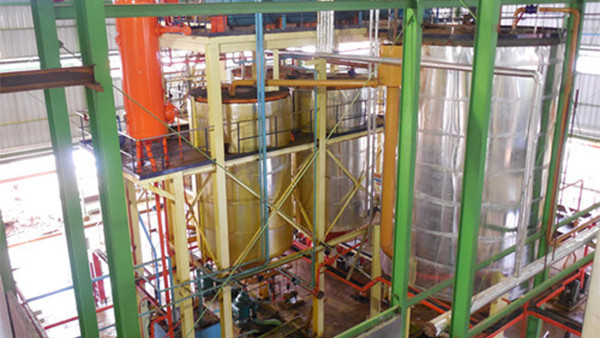
How to Value an Oil and Gas Refinery - Mercer Capital
The price of refined products. There are four main components to refined product prices: (1) Crude Oil Prices, (2) Wholesale Margins, (3) Retail Distribution Costs, and (4) Taxes. Generally, input prices and wholesale margins drive fluctuations in product prices as the last two are relatively stable.
Get Inquiry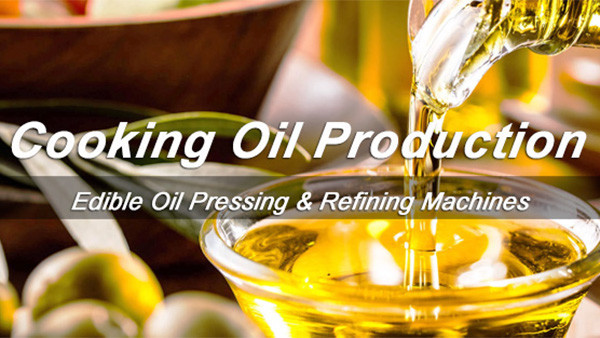
Palm oil refinery: Four new operators to soon become operational
According to the ASROC, the yearly crude palm oil demand from industrial crude palm oil processing units, whose number is growing, now exceeds a million tons. However, according to the Ministry of Agriculture, local supply has risen from 343,000 tons in 2014 to 413,000 tons in 2018.
Get Inquiry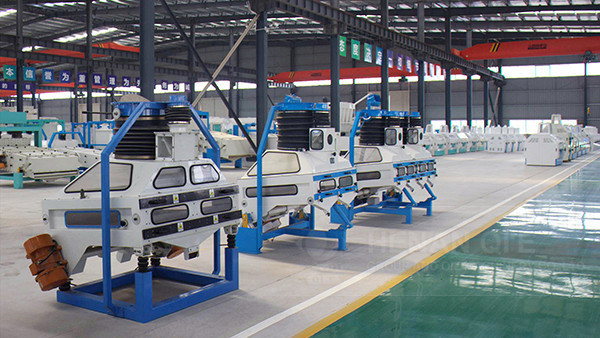
On the road to sustainable palm oil production in Cameroon
Aerial view of a forest area with oil palm in SW Cameroon. Photo by Mokhamad Edliadi/CIFOR. Although Cameroon, the largest palm oil producer in Central Africa, produced more than 450,000 tons in 2020, it still imports about 60,000 tons a year to meet its domestic demand. Most of the imported palm oil comes from Indonesia, Malaysia and Gabon.
Get Inquiry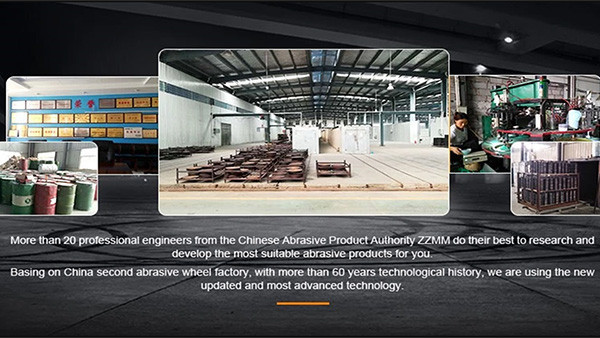
Greenhouse gas emissions along the value chain in palm oil producing
GHG emissions from palm oil mills in Cameroon emit 20.7 tCO 2 e more than palm oil mills in South East Asia based on the RSPO PalmGHG accounting tool.. Emissions sources from palm oil mills in decreasing order of magnitude are land conversion (78 %), POME (21 %) & fertilizer use, fuel combustion & grid electricity use (10.04 %).
Get Inquiry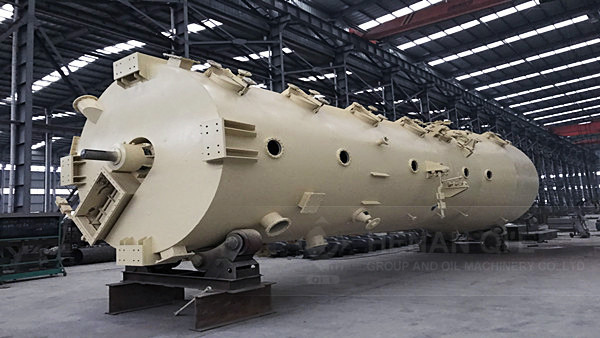
Four new palm oil refineries open in Cameroon amid raw material
According to Business Cameroon, SORAC, which is controlled by businessman Nassourou Alhadji Issa aims to market 100,000 tons of refined oil yearly. According to actors in the palm oil industry, in the first half of 2023 alone, refiners imported around 150,000 tons of palm oil, equivalent to the total volume imported in 2022.
Get Inquiry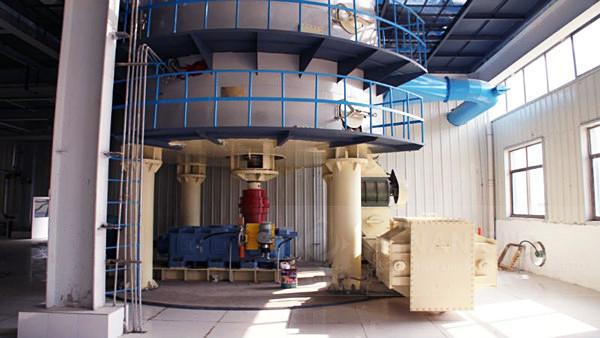
Calculation of Raw Material Costs for the Palm Oil Supply Chain Value
The calculation is based on the crude palm oil (CPO) factory capacity of processing 30 tons of FFB per hour, calculated for a year. The life-cycle-cost approach was used to calculate the
Get Inquiry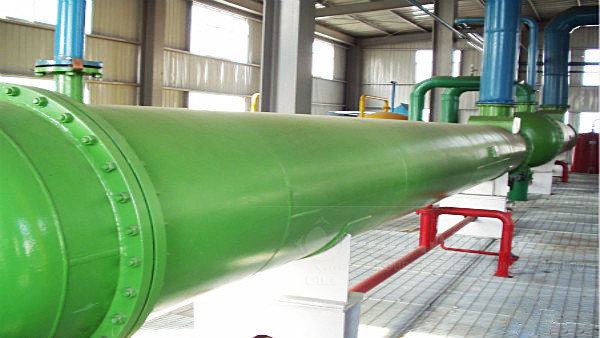
FMCGs, Retail Earn 66% of Gross Profits in Palm Oil Value Chain
Key Findings: FMCGs and retail generate 66 percent of the gross profit and 52 percent of the operating profit in the palm oil value chain. However, market fragmentation is large. The top five FMCGs use 3.4 million metric tons (MT), or 6 percent of palm oil embedded in food and contribute 11 percent of gross profit in the group.
Get Inquiry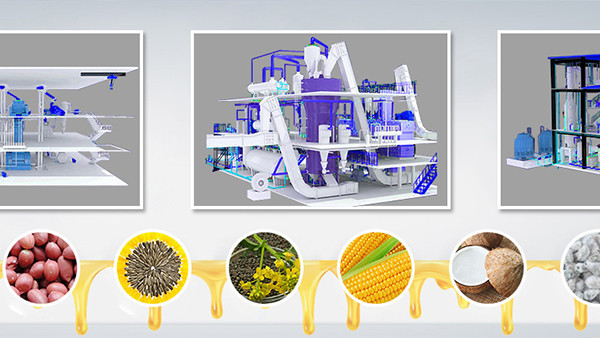
Sustainability assessment of palm oil-based refinery systems for food
the sustainable production of food and bio-based products, including from the oil palm value chain, e.g., Roundtable on Sustainable Palm Oil (RSPO) (RSPO, 2020), the US Renewable Fuel Standard (RFS) (EPA, 2022), the EU Renewable Energy Directive (RED) (EU, 2018), Global Bioenergy Partnership
Get Inquiry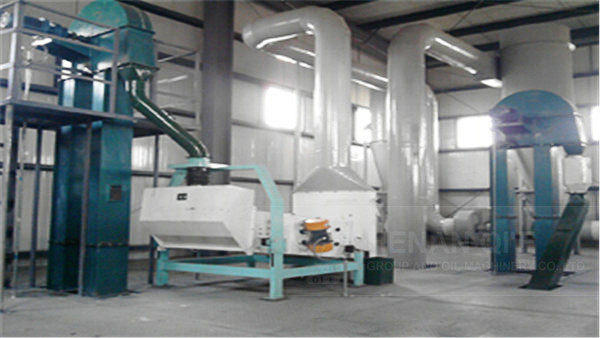
Oil palm in the 2020s and beyond: challenges and solutions
Background Oil palm, Elaeis guineensis, is by far the most important global oil crop, supplying about 40% of all traded vegetable oil. Palm oils are key dietary components consumed daily by over three billion people, mostly in Asia, and also have a wide range of important non-food uses including in cleansing and sanitizing products. Main body Oil palm is a perennial crop with a > 25-year life
Get Inquiry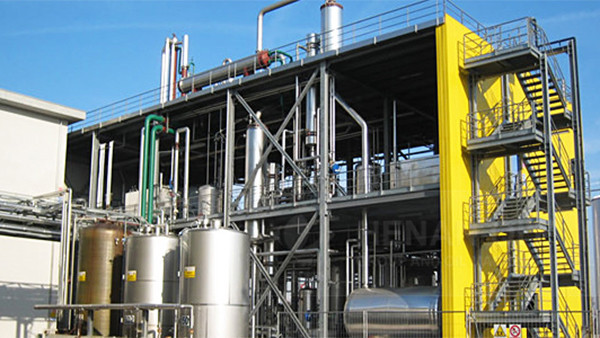
Sustainable palm oil in Cameroon | ZSL
Up to 20 million hectares of new oil palm plantations could be established in this region over the next decade. In Cameroon¡¯s forested zone alone, over 1 million hectares is now being targeted by oil palm companies. This cultivation would generate much-needed development in Africa and increase global food supplies.
Get Inquiry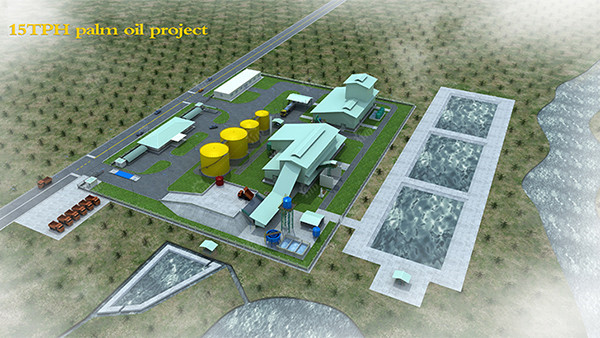
(PDF) Sustainability assessment of palm oil-based refinery systems
oil mills, 4 palm oil refineries, and 4 p alm oil-based biodiesel plants. The res ults of the four value-added products are based on secondary data taken from pilot
Get Inquiry
GROUP BUSINESS REVIEW ¨C RESOURCE-BASED MANUFACTURING
The Group¡¯s global resource-based manufacturing business, comprising our refining, oleochemical and specialty oils and fats sub-segments, plays an important role in fortifying our integrated palm value chain. It consists of downstream activities such as refining of crude palm oil (¡°CPO¡±) and palm kernel oil, and processing of
Get Inquiry
